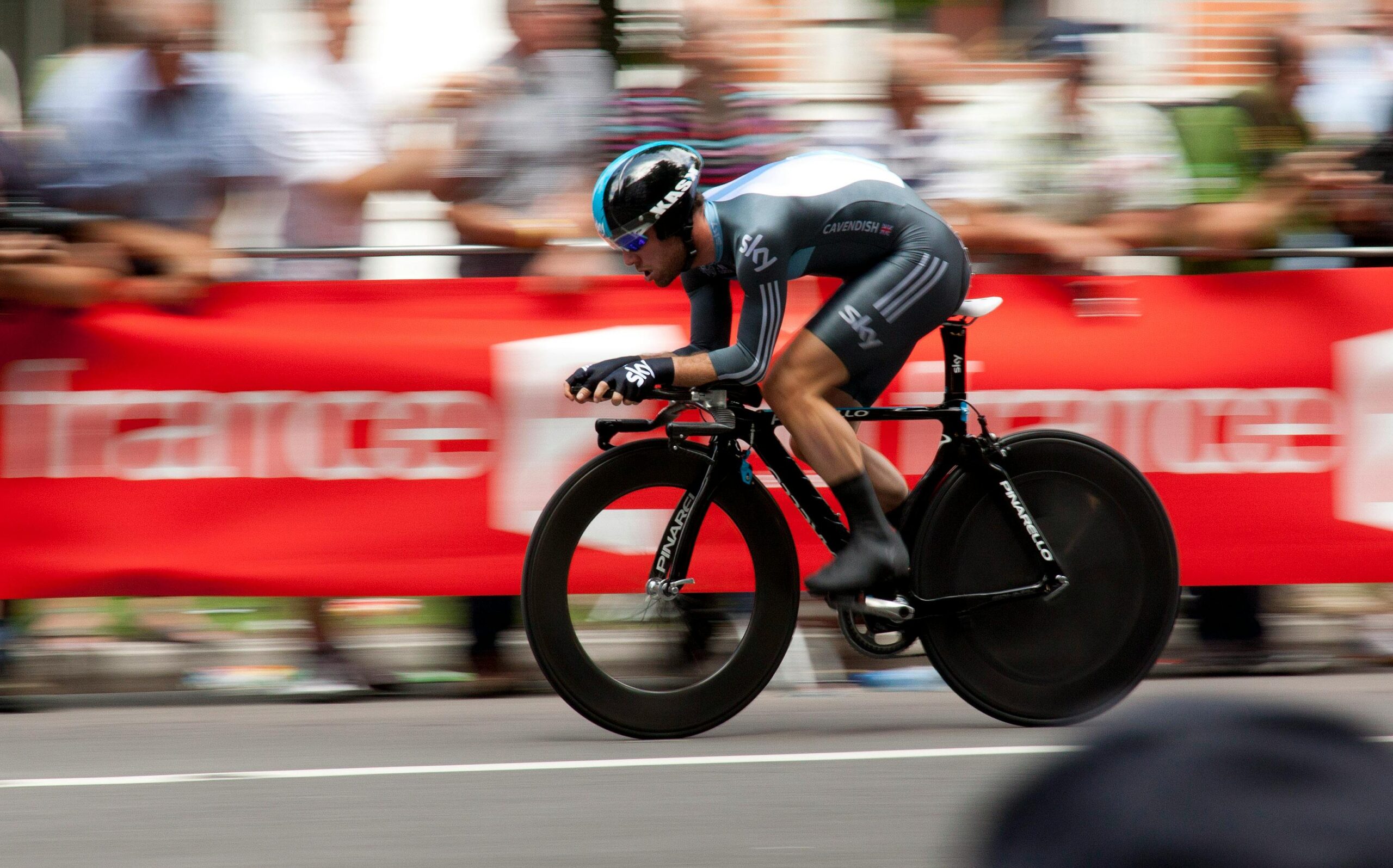Caffeine is one of the most widely used stimulants worldwide, and for good reason—it’s known for its ability to boost energy, enhance focus, and increase endurance. For fitness enthusiasts, caffeine’s benefits go beyond waking up in the morning or staying alert at work; it can significantly enhance workout performance and recovery. In this article, we’ll delve into the science-backed benefits of caffeine in fitness, explore how it impacts performance and endurance, and recommend top products to help you make the most of caffeine as part of your training routine.
Why Caffeine?
Caffeine works by stimulating the central nervous system, blocking the neurotransmitter adenosine, which makes us feel tired. This allows for increased alertness, focus, and a temporary boost in energy. The benefits of caffeine for fitness, however, extend beyond just feeling awake—caffeine can enhance physical performance, making it an effective tool for athletes and gym-goers alike.
Key Benefits of Caffeine in Fitness
1. Increased Energy and Focus
One of caffeine’s primary benefits is its ability to increase energy levels and mental focus. This is especially useful for workouts, as caffeine allows athletes to push through intense training sessions with more alertness and determination. Caffeine can be beneficial for endurance workouts like running, cycling, and swimming, as well as strength training, where a boost in energy can lead to improved performance.
- Product Recommendation: For those looking to harness caffeine’s energy-boosting effects, MuscleTech 100% Caffeine Energy Supplements provides 220mg of pure caffeine per pill. This supplement is designed to give you a clean and sustained energy boost, making it an excellent pre-workout choice for sustained mental focus and endurance.
2. Enhanced Endurance and Stamina
Studies have shown that caffeine can improve physical endurance by increasing the body’s ability to burn fat as fuel, thereby conserving glycogen stores. This is especially valuable for endurance athletes who rely on long-lasting energy during extended workouts. Caffeine stimulates the release of adrenaline, allowing you to push your body longer and with greater intensity.
3. Improved Strength and Power Output
Caffeine is also beneficial for strength and power-based workouts, as it can increase muscular endurance and power output. By reducing the perception of effort, caffeine allows athletes to lift heavier, push harder, and extend their limits. Research shows that caffeine can improve power output, making it a popular choice for strength trainers and bodybuilders.
4. Accelerated Fat Burn
Caffeine is known to be thermogenic, which means it increases the body’s temperature slightly, leading to an increase in calorie burn. This can be especially helpful for those looking to reduce body fat, as caffeine increases the rate of fat oxidation, or fat burning, especially during exercise. Additionally, caffeine mobilizes fat from fat tissues, allowing the body to use it as energy.
5. Faster Recovery Time
The benefits of caffeine extend beyond exercise performance; it can also help with post-workout recovery. Caffeine has been shown to reduce muscle pain and soreness after intense workouts, allowing for quicker recovery times. This is beneficial for athletes who want to train consistently without being held back by muscle fatigue and soreness.
- Product Recommendation: Nuun Sport + Caffeine Electrolyte Tablets provide a balance of electrolytes and caffeine, making them ideal for post-workout hydration and recovery. These tablets offer proactive hydration with an extra boost of caffeine, which aids in maintaining energy while rehydrating the body.
How to Use Caffeine for Optimal Fitness Performance
Caffeine can be most effective when used strategically, such as before workouts, to maximize its performance-enhancing effects. Here are some general guidelines for using caffeine effectively:
- Timing: For most people, caffeine’s effects peak about 45-60 minutes after consumption. Taking caffeine about an hour before your workout will allow it to reach peak levels in the bloodstream, offering maximum benefits during training.
- Dosage: A common effective dose of caffeine for fitness is around 3-6 mg per kilogram of body weight. However, individual tolerance varies widely, so it’s important to start with a lower dose, assess your body’s response, and adjust as necessary.
- Combining with Electrolytes: When exercising intensely, it’s essential to replenish lost electrolytes. Caffeinated electrolyte tablets, like Nuun Sport + Caffeine Electrolyte Tablets, are an excellent option, combining caffeine’s energy-boosting benefits with essential hydration for balanced performance.
Recommended Products
To get the most out of caffeine in your fitness routine, consider these top-rated products that offer unique benefits and a convenient form of caffeine intake:
- MuscleTech 100% Caffeine Energy Supplements
Designed for a quick, effective energy boost, this caffeine pill provides 220mg of caffeine per dose. This makes it a highly concentrated option, ideal for those needing a substantial increase in alertness, focus, and energy before workouts. With 125 tablets per bottle, it’s a practical and long-lasting option for regular use. - Nuun Sport + Caffeine Electrolyte Tablets
This product combines caffeine with electrolytes, making it an ideal choice for athletes who need both energy and hydration. With a variety of flavors, each tablet delivers a balanced dose of caffeine and electrolytes to support endurance, reduce fatigue, and replenish essential minerals lost through sweat. This mixed-flavor box provides 40 servings, ensuring hydration and sustained energy during extended workouts.
The Role of Caffeine in Different Types of Workouts
Caffeine is a versatile supplement that can enhance different types of workouts, from endurance exercises to high-intensity interval training. Here’s a closer look at how caffeine can support various training goals:
- Endurance Training: Caffeine helps endurance athletes by increasing fat oxidation and conserving glycogen, allowing for sustained energy over longer periods. It also reduces the perception of effort, helping athletes push through challenging stages of long workouts.
- Strength Training: For strength-focused workouts, caffeine helps reduce muscle fatigue and allows for more repetitions, higher weights, or both. The increased alertness and energy provided by caffeine can lead to a stronger mind-muscle connection, enhancing workout effectiveness.
- HIIT and Cardio: For high-intensity interval training (HIIT) and cardio, caffeine’s ability to increase energy and stamina helps maintain intensity. It also supports fat burning, making it a valuable supplement for cardio-focused workouts aimed at weight loss.
Safety and Considerations
While caffeine is generally safe, it’s important to understand your tolerance and use it responsibly. Excessive caffeine intake can lead to side effects like jitteriness, headaches, and insomnia. For best results, avoid taking caffeine close to bedtime, as it can interfere with sleep. Individuals with heart conditions or caffeine sensitivity should consult with a healthcare professional before using caffeine as a supplement.
Conclusion
Incorporating caffeine into your fitness regimen can be a powerful way to boost performance, endurance, and recovery. From the increased energy and focus it provides to its support for fat loss and reduced muscle soreness, caffeine is a versatile supplement that benefits athletes across various training disciplines. Consider trying MuscleTech 100% Caffeine Energy Supplements for a concentrated caffeine source, or Nuun Sport + Caffeine Electrolyte Tablets for a balanced approach that combines caffeine with essential electrolytes.
Whether you’re aiming for higher endurance, enhanced strength, or quicker recovery, caffeine can be a valuable addition to help you meet and exceed your fitness goals.



